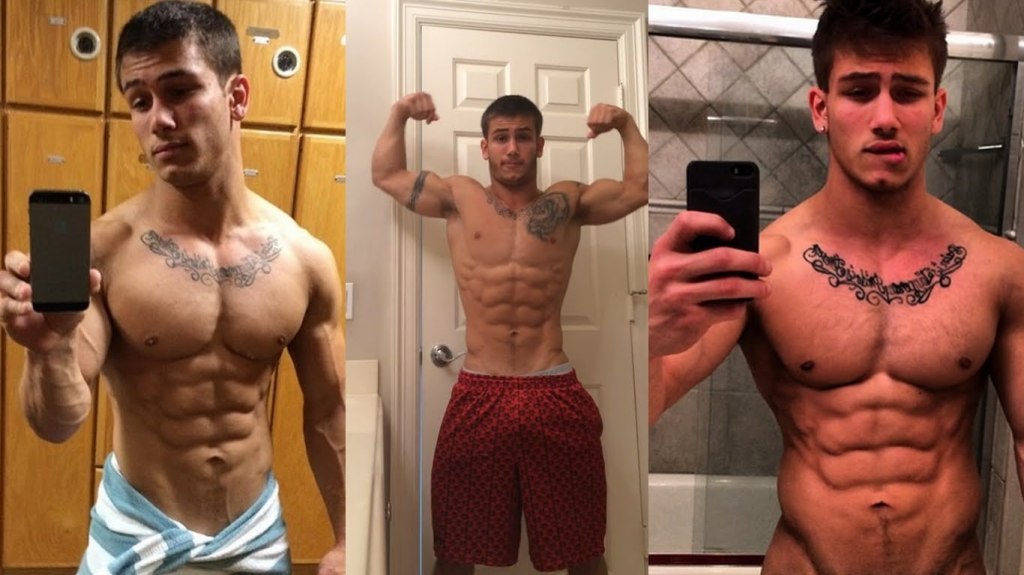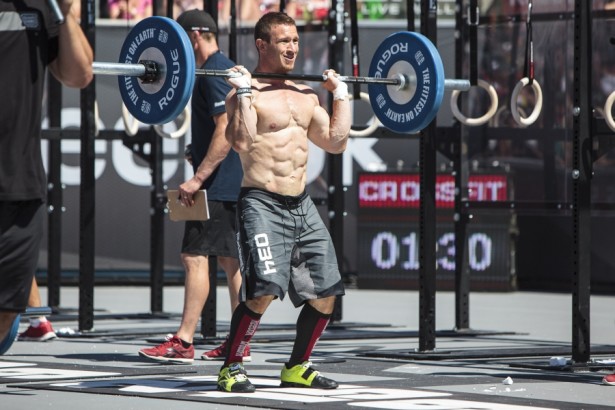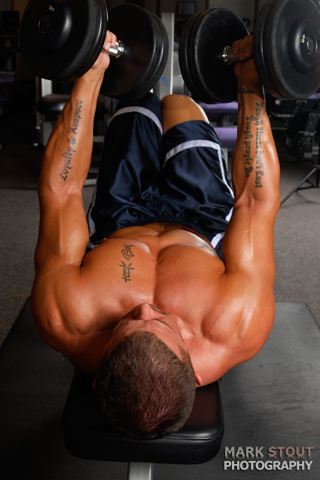Dear Davey,
I recently joined a gym and I’m completed embarrassed and ashamed to admit that I’m the weakest guy at the gym. Everyone is strong and fit, and I’m just a twiggy skinny guy that can’t lift much weight at all. I’ve been skipping the gym because it’s just to embarrassing. What’s your advice?
From,
Christopher
I’m so glad that you emailed me because I have a few thoughts.
First and foremost, being the weakest guy at the gym is actually a blessing - not a curse. Being surrounded by people that are stronger and fitter means that you’re in a position to learn from their success. Don’t use the fit people around you to tear yourself down; use them to lift yourself up.
This is especially true for group fitness classes. I love being surrounded by strong, athletic class participants; beyond being inspired, it’s an indication that the class is effective. If I want to look and perform like these individuals, then I need to incorporate aspects of what they’re doing into my routine. Through this process, I can elevate myself to their level.
Befriend some of the people at your gym. Ask about their routines. Have them show you a few exercises. At the very least, observe some of the exercises that they’re performing and, if you feel safe, try them out for yourself. It’s a great way to discover what works for you.
And remember that even the bulkiest bodybuilder or the fastest athlete started somewhere. No one is born with bulging arms or a defined pecs; these transformations happen as the result of hard work performed consistently. None of these individuals will judge you for getting started; in fact, they’ve all been in the very same spot that you’re now in.
There’s one thing that’s certain. If you continue skipping the gym, you won’t reach your goals. If, on the other hand, you change the way that you approach your situation, you can accomplish great things.
Love,
Davey
P.S. If you want to add lean bulk, download Davey Wavey’s Foolproof Guide to Building Muscle. It’s a step-by-step guide to achieving the results you want!


















